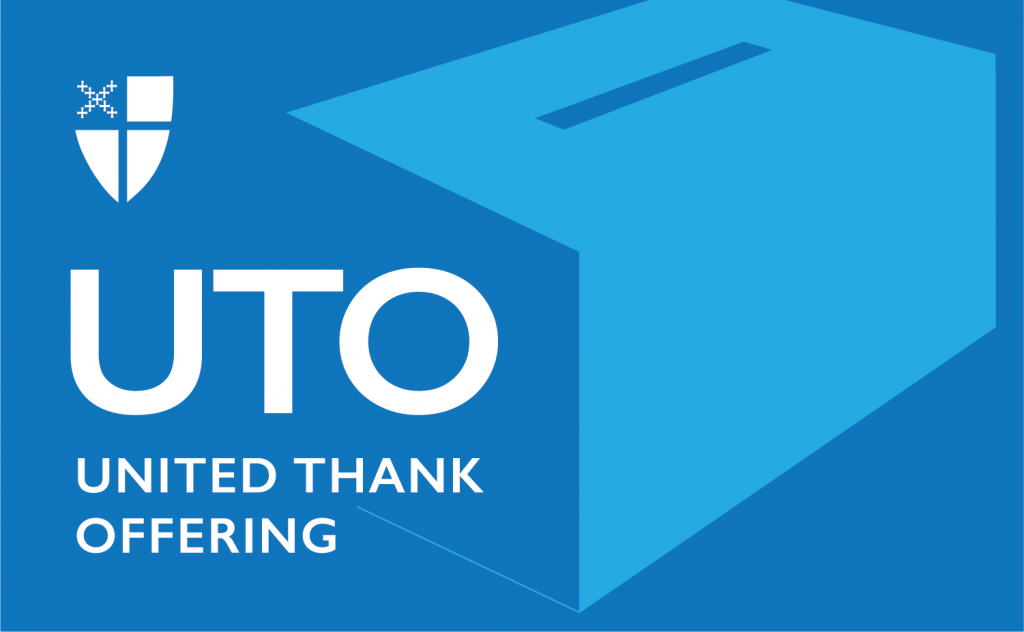A Reflection on Gratitude: Gratitude and Generosity, Not Either/Or But Rather – in the Anglican Way – Both/And
By: Celeste A. Ventura, CREDO Finance Faculty, LEM, Prior EFM Mentor, Three-Time Deputy to General Convention
For it is in giving that we receive.
St. Francis of Assisi
Decades ago, a few days after my grandmother’s death, as my father and I were caring for her apartment, I saw a box on the top shelf of the kitchen cupboard. It looked familiar. I took it down, opened it, and found the electric mixer I gave her on Christmas about eight years prior. It was still in its original box – unused. I recall feeling disappointed and wondering why she had not used it. Intellectually, however, I knew the gift was not appropriate. My grandmother was a Russian, most likely Jewish, immigrant who came through Ellis Island via Northern Italy. She arrived in her mid-teens, married my Italian immigrant grandfather, and lived the next five decades of her life in Lower Manhattan’s Little Italy and in an Italian neighborhood in Jackson Heights, Queens. I could almost hear her saying, “Wooden spoons are all I need. Why bother with an electric mixer?” Strange isn’t it, how a slice of life, such as this, remains with us decades later.
The electric mixer and wooden spoons could be a metaphor for reflection; however, gratefully, a Maasai boy generously takes us deeper and broader into giving and receiving, into generosity and gratitude. The story, shared by Nicholas Kristof, was in a New York Times article entitled “Foreign Aid.”
In the aftermath of 9/11, a young Maasai named Kimeli returned from New York City to his village in Kenya, with stories of the tragic event and ideas about how he would like to help the Americans who were suffering deeply.
The article explores the relationship, as told in 14 Cows for America, between Kimeli, his tribe, and America. Aha – I thought – here is a legacy of giving and receiving, generosity and gratefulness, immersed with foundational values of passion and compassion.
For the Maasai, the giving of a cow, much less 14 cows, is a gift of life. For the American ambassador and his wife, it was a gift that touched them to their core. They were deeply grateful. The exchange, as well as the ongoing life, after calving, of now 34 cows, is a reminder, paraphrasing a quotation from 14 Cows for America: There is no person so powerful he/she cannot experience deep gratitude in receiving a heartfelt gift, nor a person so small or unknown that he/she cannot give, from a place of deep generosity, what is life to him/her. Forget trying to be appropriate, I told myself. Give with meaning, generosity, and passion; receive with deep gratitude and grace; and somehow, some way, put the gift to use for the good of all.
As you explore gratefulness and generosity in your life, ask yourself where are – what are – the wooden spoons and the cows for you to give so that you might live life grateful for, and touched by, deeper simplicity and broader generosity.
How might gratefulness birth generosity and generosity birth gratefulness for all God’s people, as in all people, live lives overflowing with care, understanding, compassion for all creatures great and small and for Earth, “our island home”?
As an aside, the book, 14 Cows for America, now resides in the Youth Group Room at our parish, a reminder that everyone can make a difference.
Sources:
Deeper Simplicity, Broader Generosity by Celeste A. Ventura, https://www.churchpublishing.org/deepersimplicity
http://www.nytimes.com/2009/11/08/books/review/Kristof-t.html?nl=books&e…
14 Cows for America (Peachtree Publishers, 2009), http://14cowsforamerica.com

